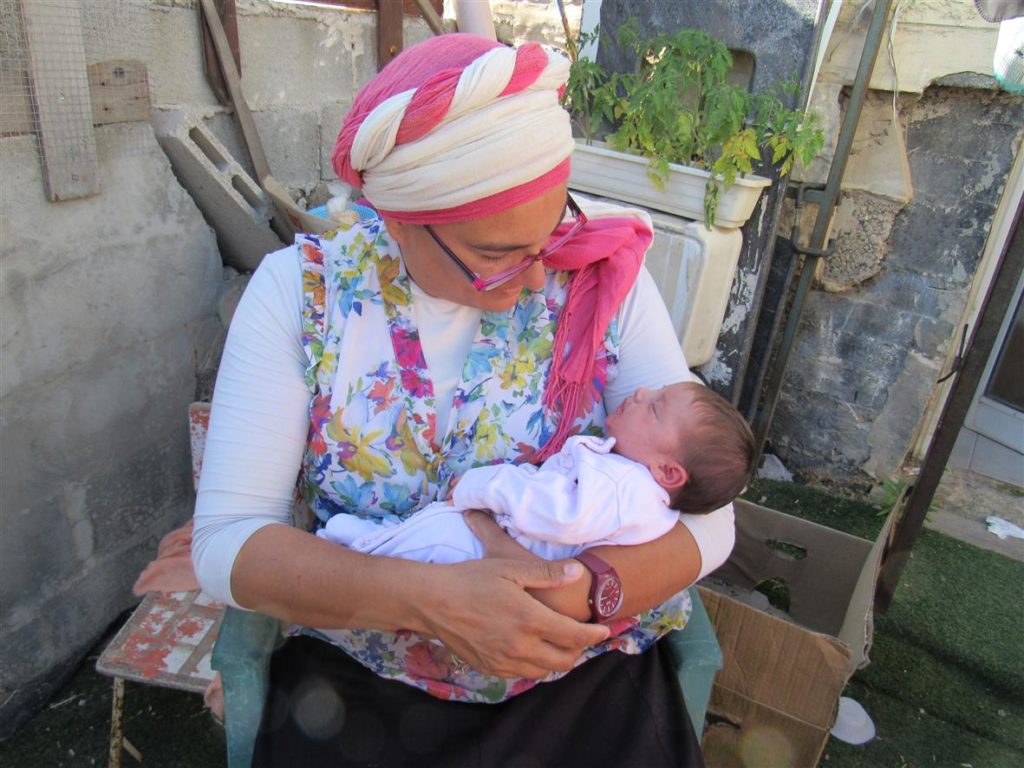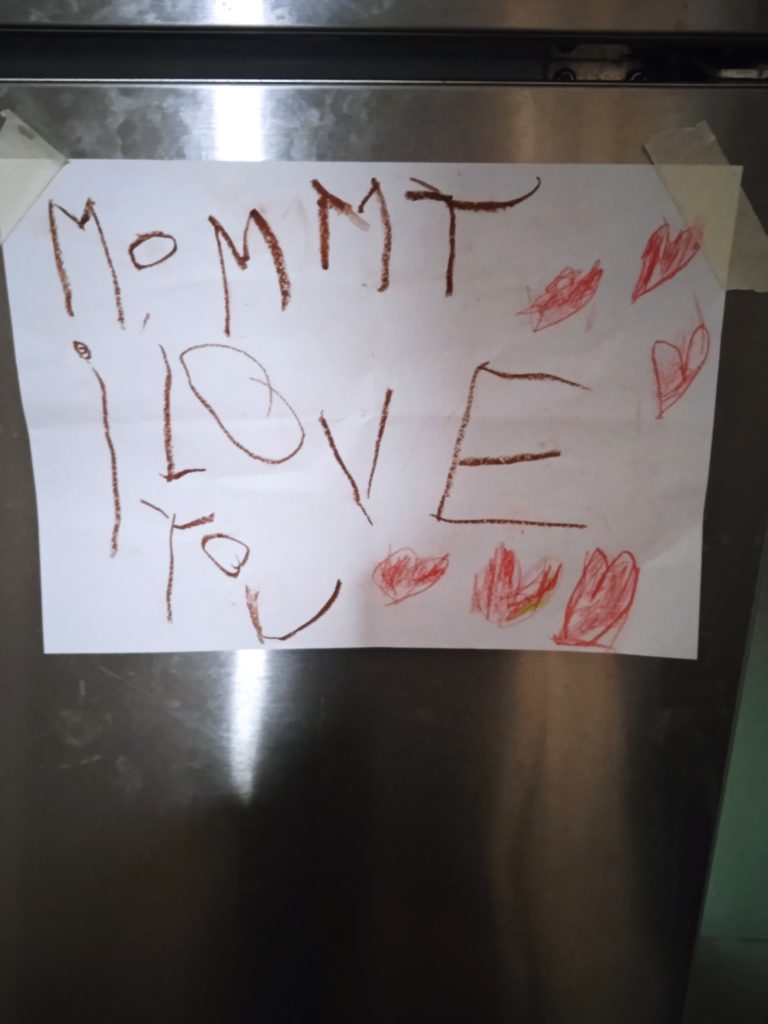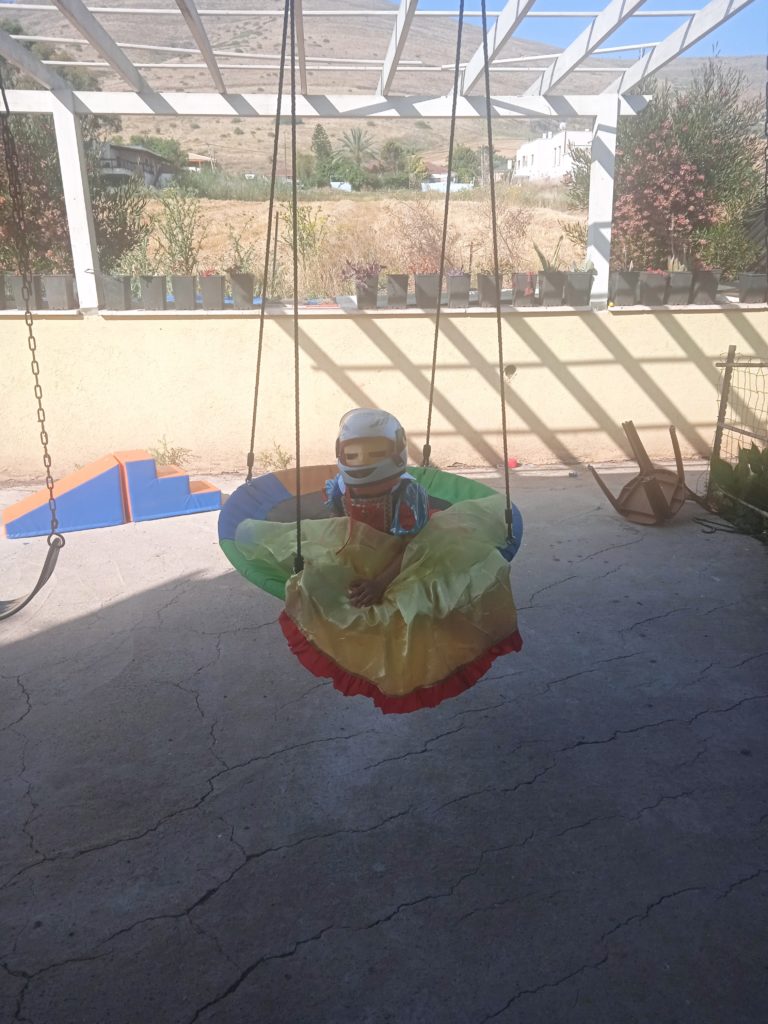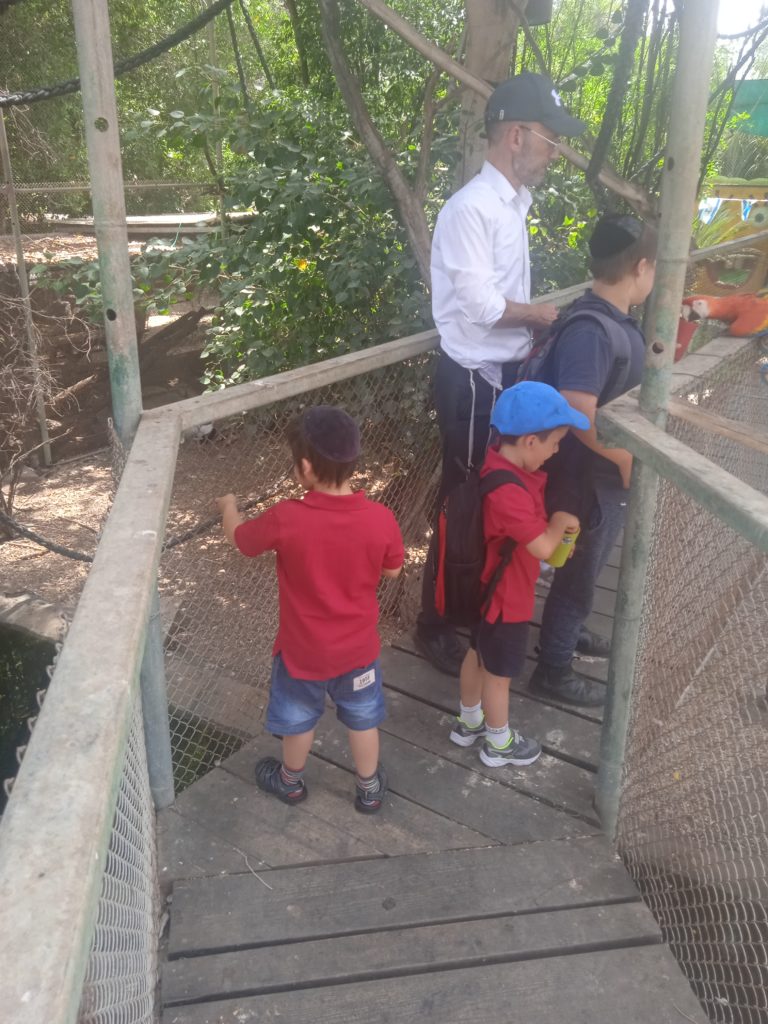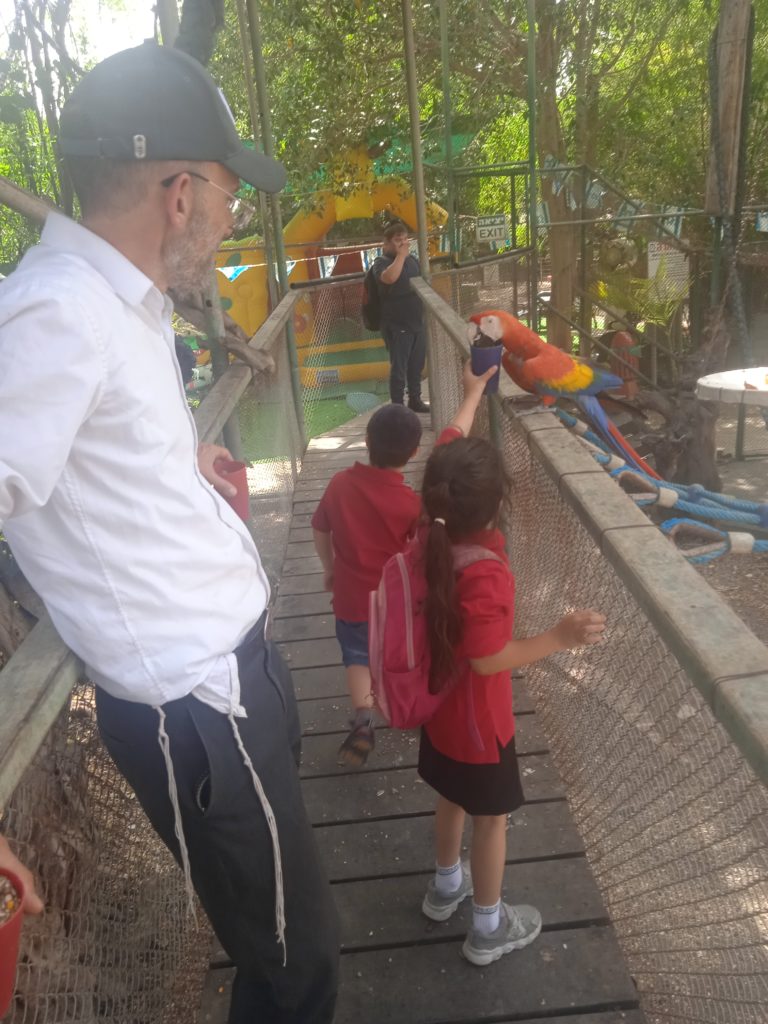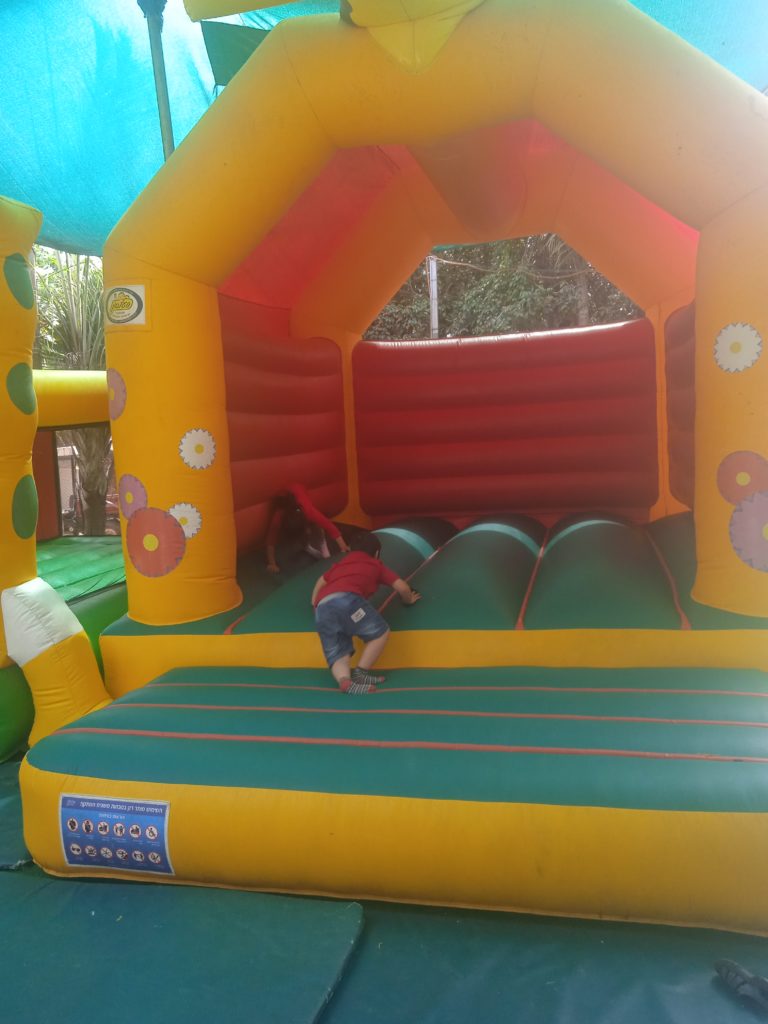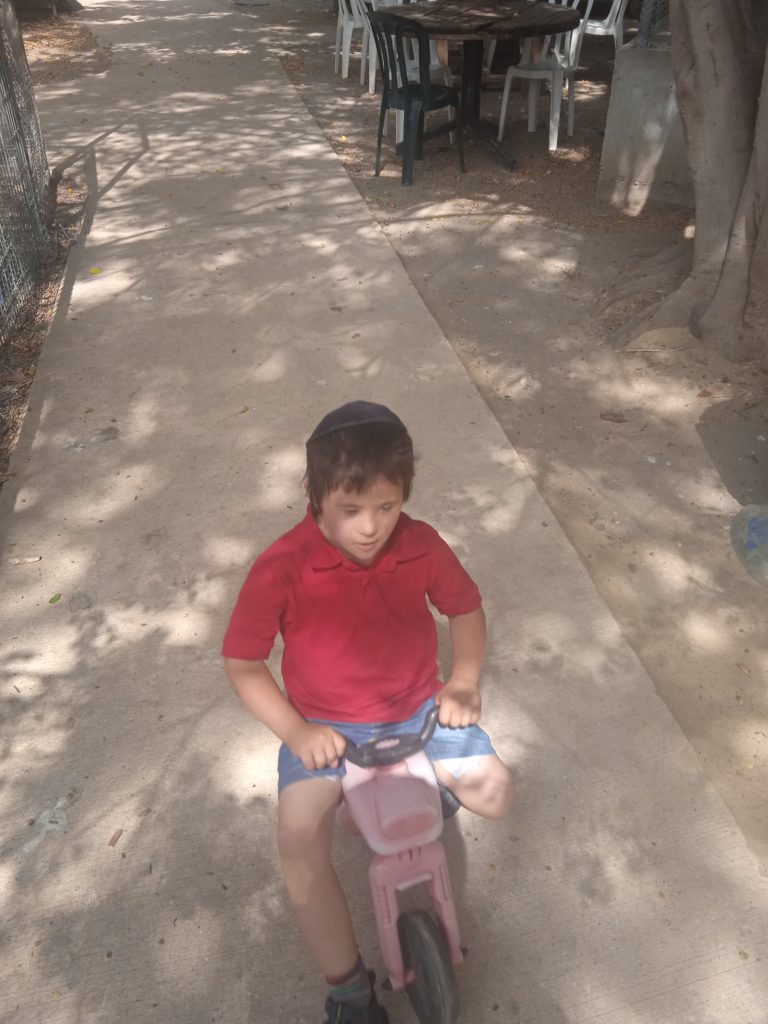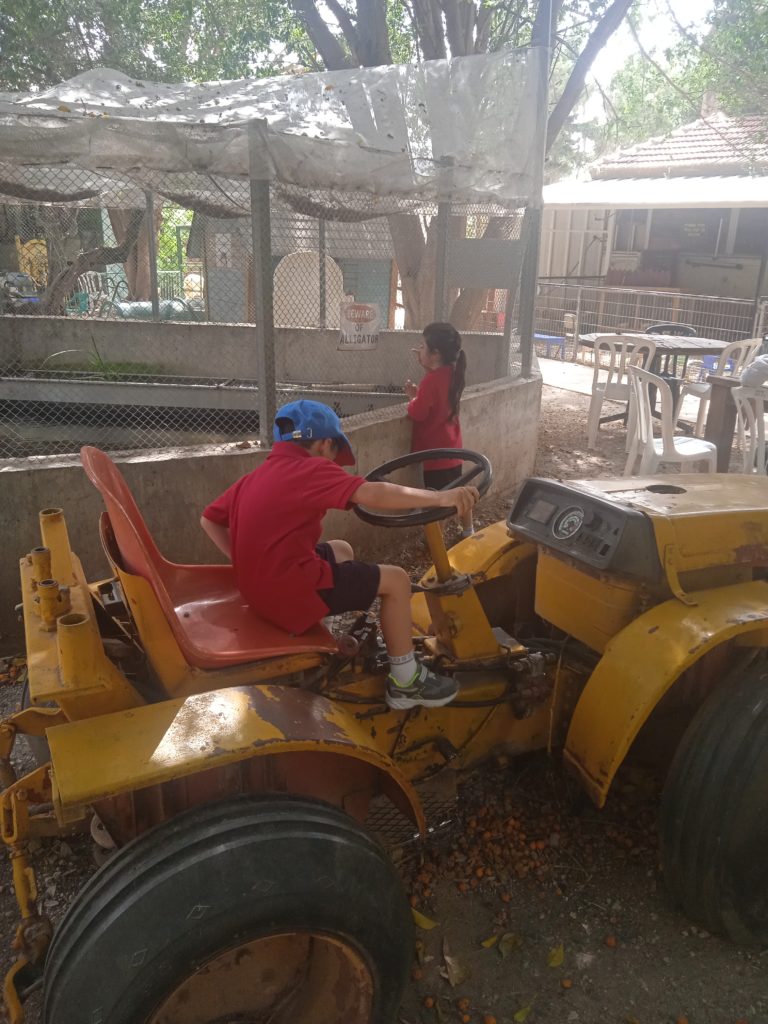This week I attended my first foster care committee meeting for ds6. These are supposed to take place yearly with representatives from social services, the foster care agency and the birth parents.
Somehow his case has fallen through the cracks and I learned only after the meeting concluded that there haven’t been any meetings regarding him for years. I didn’t know about this since I’m usually not expected to attend, and wouldn’t be notified. (In fact, the yearly meeting for the twins was held the day before this meeting, and I only found out about it because I happened to call our social worker and she mentioned she was in a different city waiting for it to begin.)
About sixteen months ago, ds6’s Israeli medical insurance was dropped; his file was sealed and unable to be accessed. When trying to figure out what was going on, I learned that the National Insurance blocked his account and it was related to his bio parents not being citizens. This issue can only be remedied by them getting him a passport of their nationality and then applying for a visa. I spoke to them about it last June; for whatever reason, it has yet to happen.
It’s been a major concern for us that ds6 hasn’t had medical insurance for so long, and a major frustration that no action has been taken to resolve the issue. By leaving this unresolved for so long, it feels like there’s no concern for him or us.
Discussing this topic and getting a commitment to get his legal paperwork in order was the first priority for this meeting.
The second was the issue of visitation. Before ds6 was placed with us, we met with his bio parents privately. At that time, they said they would be interested in coming as often as every week, but not less often than every month. I told them we welcomed their visits as often as they wanted to come. They came once a week for the first two weeks, then came to our oldest son’s wedding a couple of months later.
When we were at our oldest son’s chupa, they took him from the babysitter to spend time with him. If I had been asked I would have been fine with them spending time with him, but wasn’t comfortable that it was done without asking me, without me knowing or seeing, not even mentioning it afterward. That was the last ‘visit’ until he was almost three.
At that point, we requested a meeting with them to discuss our desire to adopt ds6. They came to Beit Shemesh, where we were living at the time, and after a long discussion said they weren’t willing to consider it. Afterward, they asked if they could see ds. We weren’t expecting that, but agreed so we all drove to our home.
First they sat with him in our garden, where they said they were uncomfortable because of the sun. Then they sat on our porch where they were uncomfortable for another reason. They really wanted to take him somewhere by themselves, so I said they could take him to the park down the street, which was a familiar place for him. Ten minutes later, they were back knocking on our door, telling me he started crying as soon as he realized I wasn’t there.
That ten minute visit took place almost four years ago, and they haven’t seen him since.
The more I’ve learned about adoption and foster care issues of attachment and abandonment, the more important I think it is for ds6 to have a relationship with them. Though in the early years I didn’t mind not having them involved if that was what they chose, I’ve increasingly come to believe that it’s better for him to know his bio parents if at all possible.
As such, I’ve made a strong request for regular visitation from them – whatever regular would mean to them – once a year would be fine if that’s all they could commit to.
Visitation was thus the second issue of discussion at the meeting.
When asked questions about their visitations, they were evasive until when pressed, finally said it had been years since they saw ds6. When asked why they didn’t visit, the bio mother said she doesn’t come because she feels like I don’t want her there.
Whenever I’ve asked about visitation with the father in direct phone conversations, he’s told me it’s too emotional for his wife and she doesn’t want to see him, so I understood there was an emotional component that made it too painful for her.
I was very taken aback to be blamed for their absence in the life of ds6 – I wish I would have been able to maintain a poker face when hearing this. That response and some others I was uncomfortable with have given me a lot to reflect on.
The head social worker then brought up adoption, telling them if they have no intention of taking ds6 back, then they should let us adopt him so he can have the security of being a legal part of our family. I had asked my social worker not to pursue the adoption conversation at this time, wanting to stick to the two above issues, and wasn’t happy when it was raised. But after thinking beyond my discomfort, it was good that it came up again and it’s part of the official record now.
The follow up meeting was scheduled for six months from now, rather than the common yearly spacing. They explained to me afterward that they wanted to put out the idea of adoption to give the bio parents time to consider it, and scheduled the meeting for six months out in order to pursue that conversation.
His bio parents told us from the beginning that their intention was to place him with us for the long term. We’ve wanted to adopt him for a very, very long time. Everyone in our family sees him as a family member the same as anyone born into the family; the foster care status is just a technicality to us.
The only reason that he hasn’t been adopted has been their refusal. Out of respect for them, we haven’t been willing to force the issue though the law would support our position if we did. Another mother in a similar situation who recently adopted told me to push for the termination of parental rights, but I told her the court can make that decision and I’m not going to push that agenda.
I was frustrated at the conclusion of the meeting that nothing definitive had been agreed upon regarding visitation – they said they’d rather not visit and don’t see the need for it, and it was left like that. The social workers told me bio parents can’t be forced to visit their child. I suppose that’s true, but I’ve never met another foster family in the situation of the bio parents never coming to visit.
It was a three and a half hour trip to get there, so I was physically tired before I walked in the door, but I was emotionally exhausted and frustrated after participating. My social worker said it was a very important meeting and that it was important that I was there. We’ll see in another six months what happens.
Avivah
